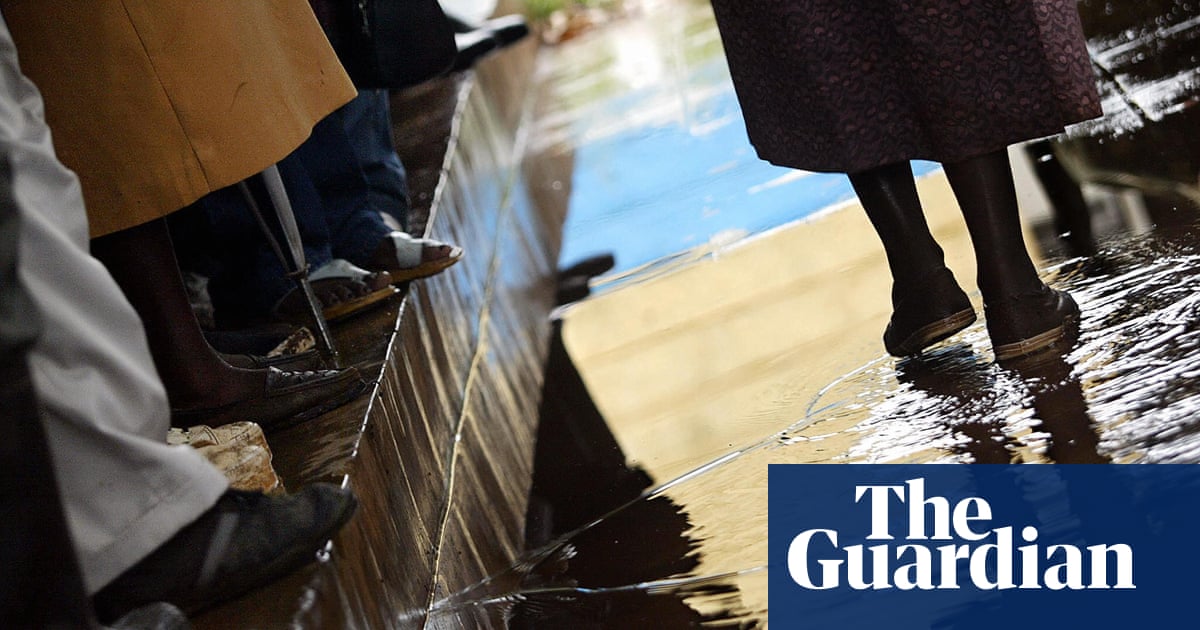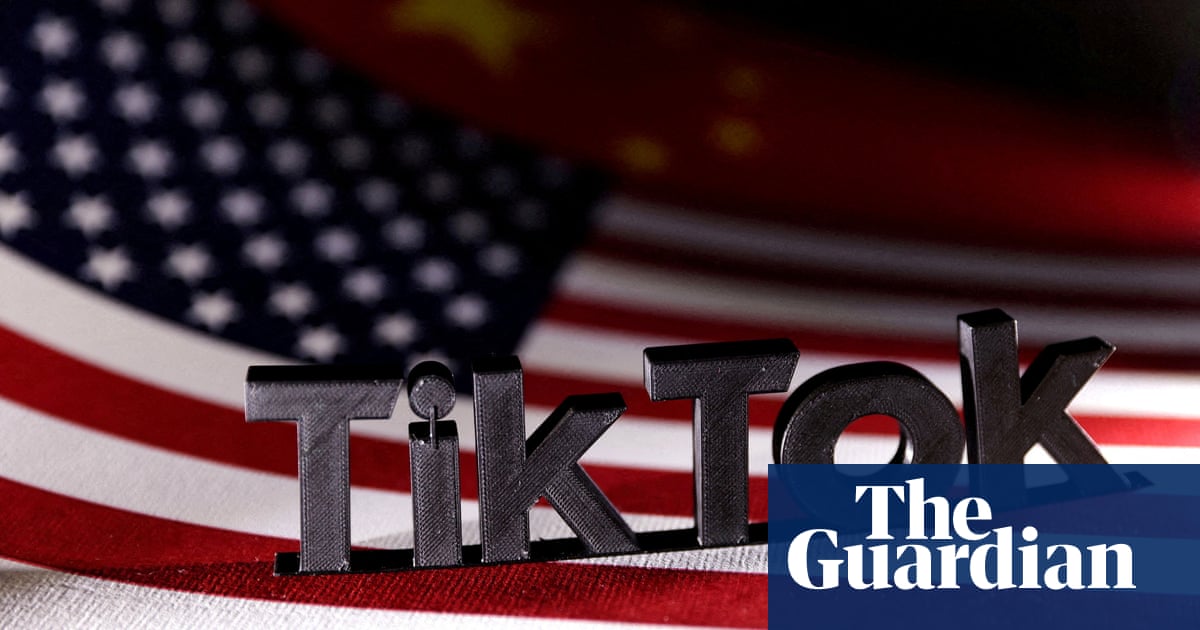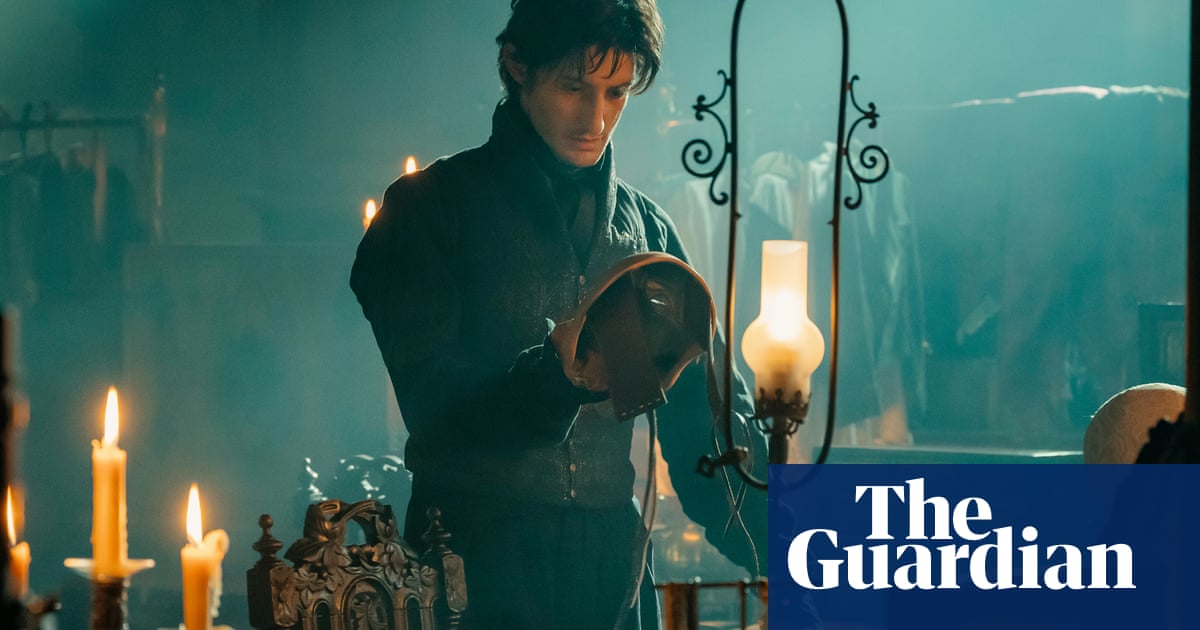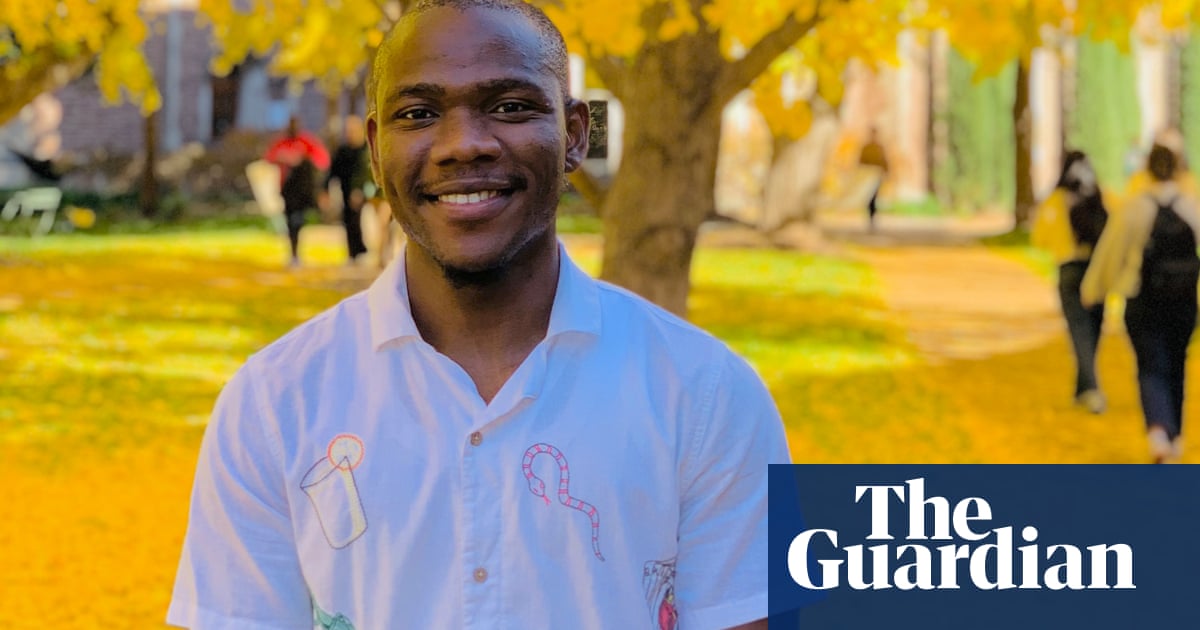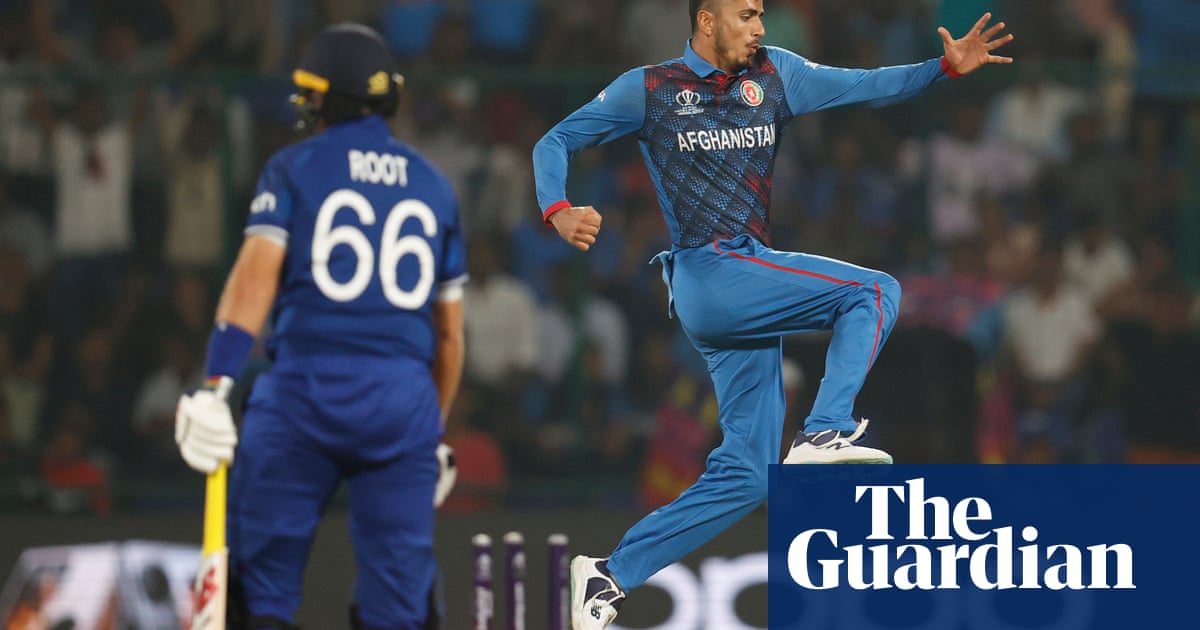For the benefit of the uninitiated, The Traitors is a BBC One game show involving 22 players, classed as either Traitors or Faithfuls. Staged at a Scottish castle (Ardross Castle in the Highlands, north of Inverness), it features a group of selected Traitors who must “murder” the Faithful, while the Faithful identify and banish Traitors. If a Traitor evades detection and makes it to the end, they swipe the entire prize pot, totalling as much as £120k.
So, yes, it’s a gameshow, but, as those in thrall to the cloaked global entertainment franchise could tell you, it’s also so much more than that. It’s a dark and terrible dance of back-stabbing and scheming. It’s the pungent base notes of human nature. It’s the cynical celebration of deceit as a life skill. It’s “Let’s turn calculated personal betrayal into a gameshow!”. Indeed, what does the full-hearted embrace of The Traitors say about the modern British psyche, and are we ready to hear it?
The Traitors has been a huge critical and commercial success. Last January, with streaming and catch-up taken into account, eight million people watched the final episode of series two, in which (spoiler klaxon) Traitor Harry Clark betrayed Faithfuls – his heartbroken friend Mollie Pearce and sceptical Jaz Singh – to become the victor.
Versions of the show exist in countries including Australia, the US, New Zealand and Canada. An Irish Traitors is in the pipeline, to be hosted by Siobhán McSweeney (Sister Michael from Derry Girls). A UK celebrity version is planned, with names bandied about including Stephen Fry, Bob Mortimer, Danny Dyer and Courtney Cox from Friends.

Here, then, is one significant metric of The Traitors’ immense cultural clout: the famous (even the very famous) are enthused about doing it. Not this time the defeated trudge into the I’m a Celebrity … Get Me Out of Here! jungle to pay an overdue tax bill, or the grim endurance of the Big Brother mixed-sex dormitory to remind the public they’re alive and available for regional panto. Yes, there’d be exposure for celebrity Traitors and Faithfuls, and money (presumably for charity), but you rather get the feeling it would primarily be for larks.
Thus far in the UK version, it’s all about the ordinary contestants – the big characters (wily Wilf; sharp Diane; perfidious Paul). The insights into the human condition (you can tell a lot about someone by how they deal with the stress of banishments at the round table). Who takes themselves too seriously or not seriously enough? The hilarious self-aggrandisement (“I can read people”). The point when an over-confident Traitor pushes the Machiavellian buttons too hard and ends up dispatched in a puff of hubris.
The Traitors has also proved to be a tormented crucible for crises of confidence. While Jaz Singh, dubbed “Jazatha Christie”, rightly suspected Clark, he didn’t think he’d get the backing to vote him off. Castle politics and self-preservation play a significant part at banishments;in the early rounds, it’s evident that people vote with the herd to avoid being targeted themselves.
Along with the anthropologist people-watching element, there’s the sheer theatre of it all: the swishing hooded robes; the doomy drama of Traitors’ Tower; the messages to the murder victims that they’ve been offed; the portraits on the wall of the breakfast room, with crosses scrawled over the faces of the departed; the lavish breakfasts themselves, where the Traitors must be on their amateur rep A-game: faking surprise and sadness at the non-appearance of the victim, their crocodile tears falling into the croissant baskets.
after newsletter promotion

While the show feels quintessentially British, it’s actually European: based on the Dutch show De Verraders, itself a spin on the party game, Mafia. Nevertheless, The Traitors seems to entwine with our national identity, and even some feudal, kinkily masochistic impulse (the intimidating castle; the autocratic Claudia). It’s interesting how differently other countries approach the formatting/casting. The US version, hosted by Alan Cumming, going heavy on celebrities; the Australians less formal, and so on.
In Britain, The Traitors could be tapping into the “cosy crime” wave. That bit of us that still enjoys an Agatha Christie adaptation and a game of Cluedo. As a TV format, it may even have the advantage of being politician-resistant. After all, it seems unlikely that a political reputation could be rescued by appearing: “Oh look, they’re as conniving as we suspected them to be.”
The Winkleman factor shouldn’t be underestimated. Having started out as a quasi-goth late-onset ladette, now she brings myriad atmospheres to British TV (ironic/chummy in Strictly; charmed/supportive in Channel 4’s The Piano).
In The Traitors, she’s a symphony of tweed in her seemingly inexhaustible collection of upmarket hacking jackets, abandoning her mainstream mash-up presenting persona and channelling a hyper-stern Anne Robinson, with added Morticia Addams and a dash of a minor character from a Nancy Mitford novel.
Crucially, Winkleman is not just the presenter, she is also the controller, as evident from the start as she stalks around the table, silently selecting her Traitors, her hand clamping commandingly on to delighted shoulders. Winkleman is both part of the intrinsic ceremony of the format, and (unsmiling, unfriendly, cold) the antithesis of what a presenter usually is. It is to her credit that The Traitors would be quite a different show without her.

All that said, The Traitors is far from perfect as a format. Those tedious overlong tasks to build the prize pot are only interesting for the car rides to and from, during which Traitors and Faithfuls plot for the next banishment among the pine air fresheners and boiled car sweets.
Still, never mind why we enjoy The Traitors. Should we enjoy it? There’s intense emotion to it that can’t be brushed off as mere entertainment. Clark’s betrayal of Pearce wasn’t just “great telly”, it was real – to her. If this doesn’t bother people, why not?
Maybe it’s not such a major surprise: the British public has always had a naughty, even evil, side. It’s also a reminder that The Traitors is, at core, a survivalist show, a test of endurance. It’s not just about the psychology of the game, it’s also about the psychology of those watching – the thing that, for viewers, makes The Traitors more than a sofa-bound murder weekend accessible via a remote control. This is televisual darkness as stress relief. Real life is brutal: perhaps reaching counterintuitively for release in the form of synthetic orchestrated treachery makes a wicked kind of sense.

.png) 1 week ago
25
1 week ago
25


